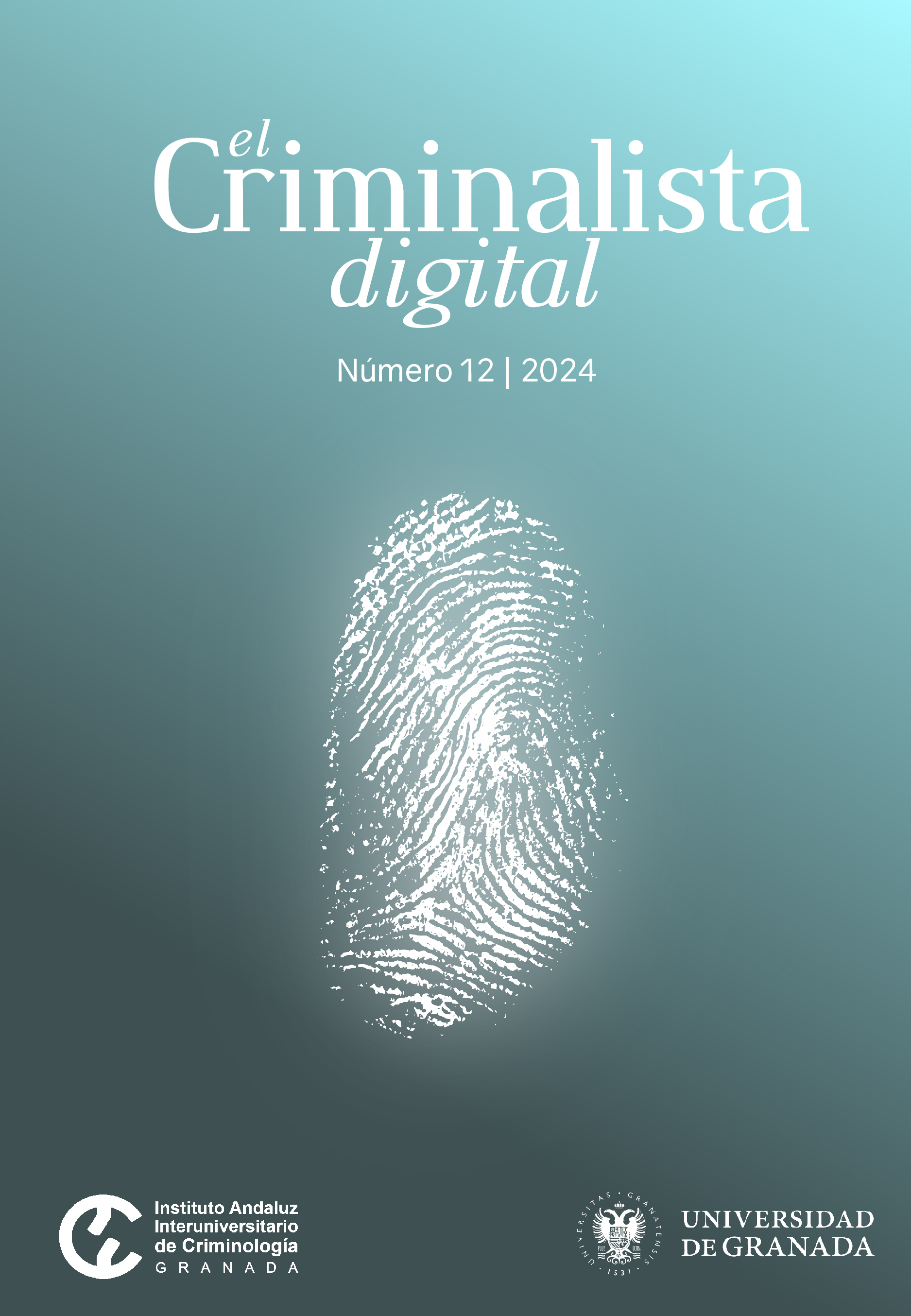Comprehensive training in forensic science: Pedagogical and technological strategies for evidence preservation and analysis
Keywords:
integrity, evidence, training, Forensic Sciences, methodology, validationAbstract
In this article, we highlight the importance of providing specialized forensic science training to all professionals involved in the scene of a criminal act. Specialized investigators require advanced training to handle and analyze evidence accurately. Simultaneously, it is crucial that the first professionals to act, such as emergency teams, police, and firefighters, acquire basic techniques to maintain the integrity of the evidence. This dual training ensures that the evidence remains uncontaminated, thereby ensuring fairer and more impartial trials. The training focuses on pedagogical principles that promote active learning through simulations and practical scenarios, while advanced technology, such as virtual reality and big data, is integrated to offer more effective and realistic training. The assessment and certification of competencies are essential to confirm the effectiveness of these programs. Additionally, the importance of inter-institutional collaborations to enrich training and maintain the relevance and applicability of the contents in real contexts is emphasized. We conclude this article convinced of the need for continuous and well-structured training, not only to improve the quality of current criminal investigations but also to prepare the ground for future innovations that may transform forensic and judicial practice.


 ISSN-e: 2340-6046
ISSN-e: 2340-6046






